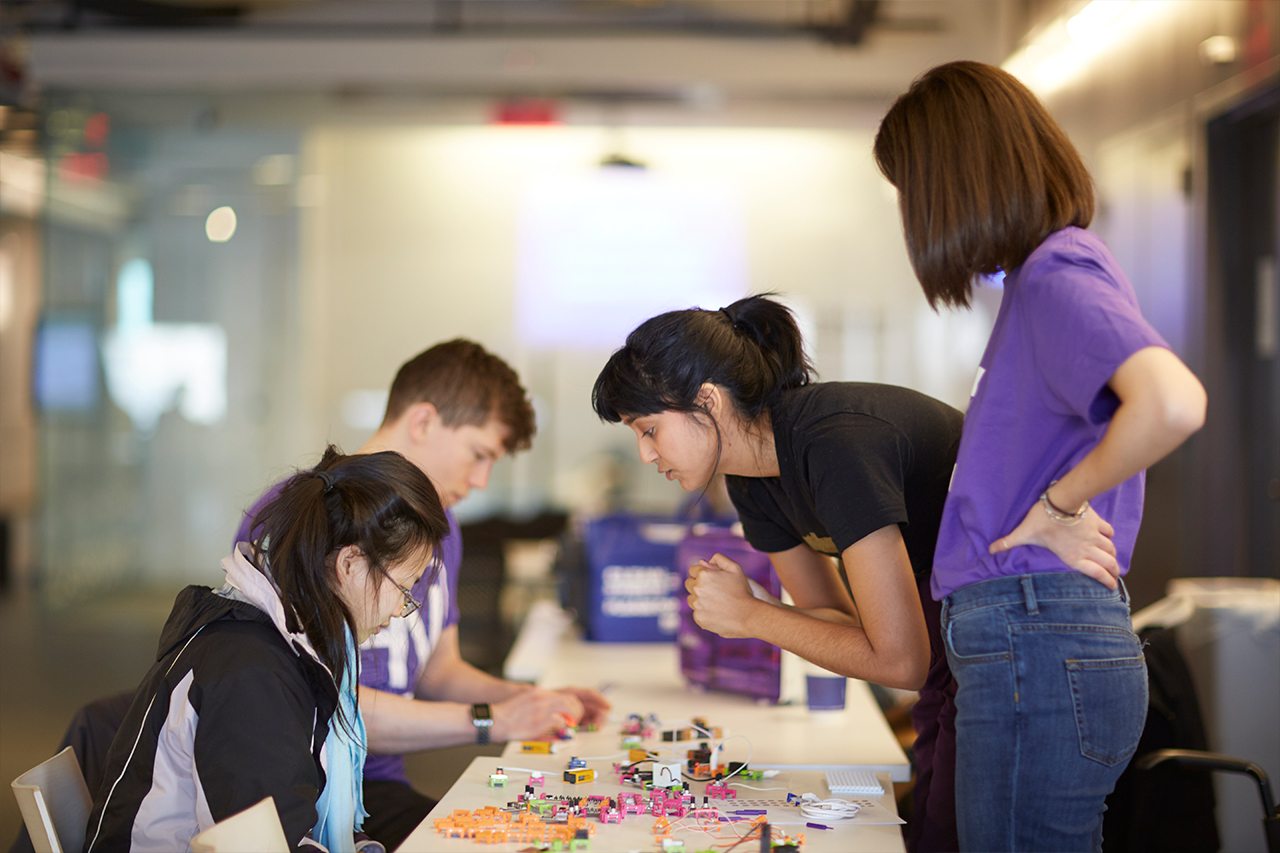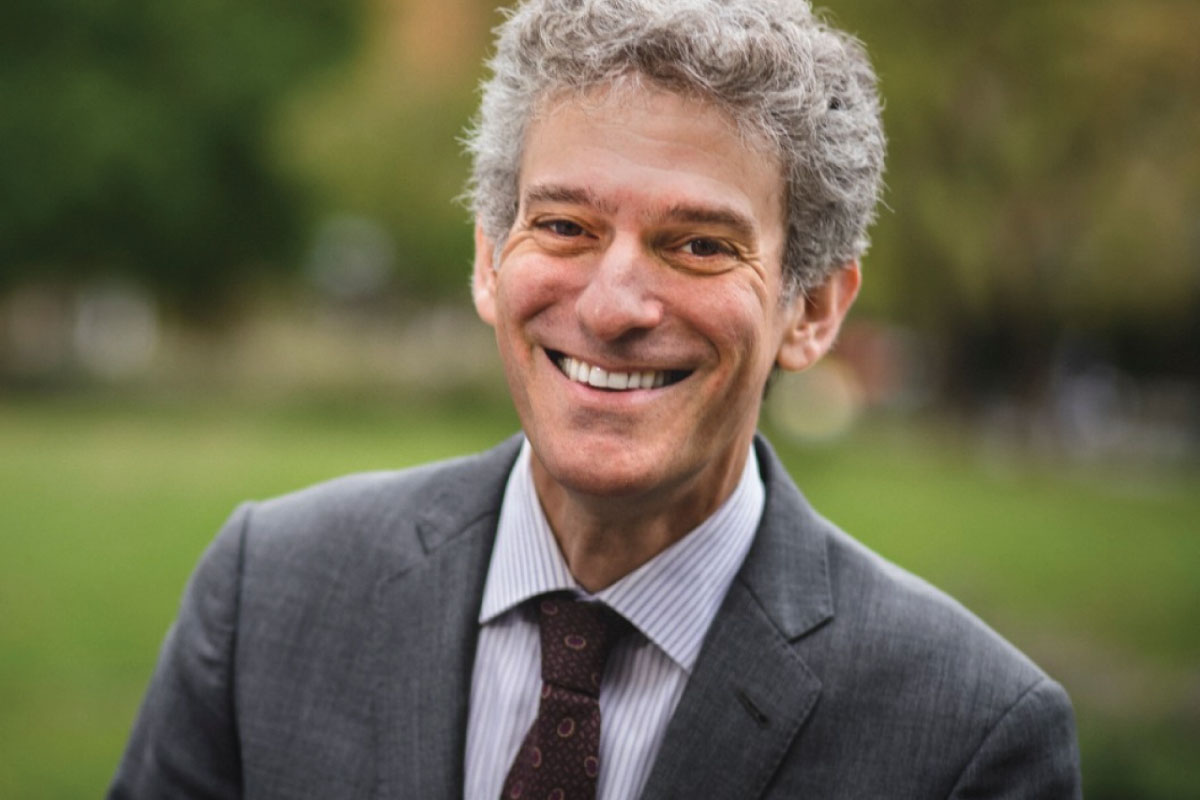Published December 21, 2021
NYU Civil Engineering Majors Are Ready to Change the World
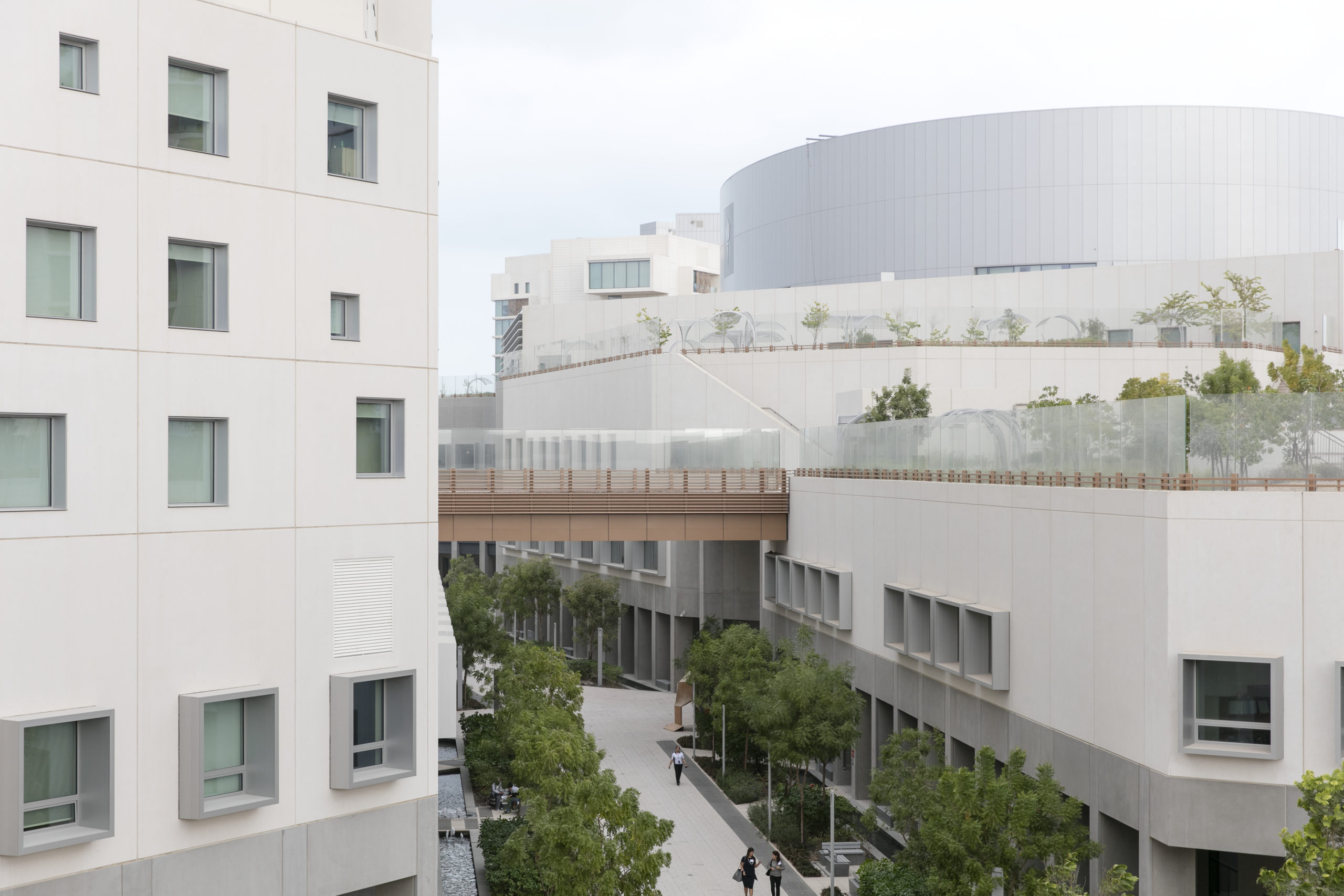
Every year, students flock to NYU by air, rail, and road. They navigate airports and terminals and zip across bridges and through tunnels. Occasionally, they pause to refill their water bottles or charge their phones. Then, they settle into their dorms and apartments. They can do all of this thanks to civil engineering.
At both the NYU Tandon School of Engineering and NYU Abu Dhabi, Civil Engineering majors learn to design, operate, and maintain the structures and systems that shape our daily lives. In addition, they adapt them to meet today’s environmental and societal challenges. “Civil engineering brings together creativity, planning, design, and construction. Sustainable and green projects can serve people without putting the environment at risk. As a result, they can be seen, used, and appreciated by both current and future communities,” says Cheyenne Goddard, a Civil Engineering major at Tandon. Here’s how NYU civil engineering students are using their knowledge to build bridges to a better world.
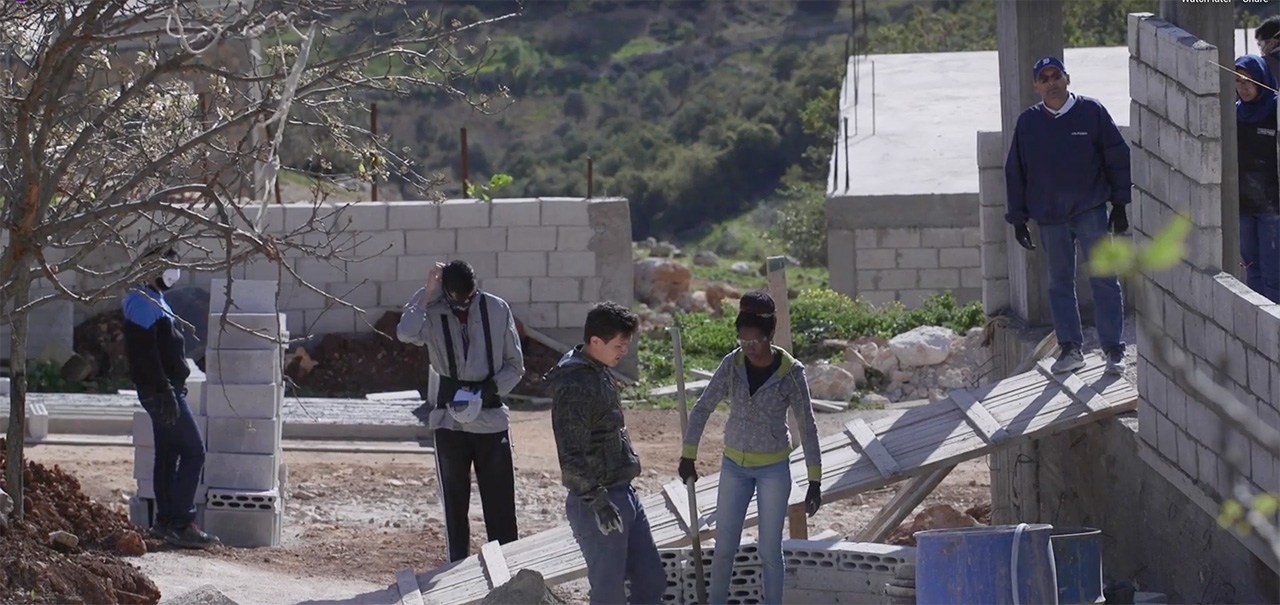
Construct Transformational Change
On both campuses, programs emphasize civil engineering’s key role in addressing today’s most pressing issues. At NYU Abu Dhabi, first-year engineering students can take Engineering Ethics, an exploration of ethics in the classroom and the field. Then, second-year students can enroll in Engineers for Social Impact (EFSI). Through experiential learning, the program takes students out of the classroom to engage with communities. For example, EFSI students often travel to Mumbai to help develop projects in the Dharavi slum area. The program emphasizes making long-term, sustainable progress rather than offering short-term solutions.
Likewise, Tandon civil engineering students can apply to the Global Leaders and Scholars in STEM (GLASS) honors program. Starting sophomore year, the three-year program guides academically accomplished engineering students in tackling complex global issues, from health and cybersecurity to sustainability and equity. First, each participant selects their own “global challenge.” Next, they study away for a semester in Abu Dhabi, where they gain a cross-cultural perspective on that issue. Then, students build their leadership and professional development skills through research or an internship. Finally, they work with a mentor to design a solution—and embark on a lifelong journey of changing the world.
Turn Down the Heat
As an Environmental Engineering and Environmental Studies minor, Cheyenne was drawn to the field’s focus on smart, sustainable solutions. After all, in a rapidly warming world, civil engineers hold the keys to creating infrastructure that addresses climate change and continues to work in a shifting environment. She further pursues her interest as treasurer of the student chapter of New York Water Environment Association (NYWEA at NYU). The national nonprofit works to promote clean water and sustainable solutions through science. Ultimately, she attests, civil engineers can “help achieve the best of both worlds: satisfying human purpose with minimal environmental degradation.” In the future Cheyenne aspires to apply her civil engineering experience to her home country of Trinidad and Tobago. There, she hopes to design systems to mitigate climate change–caused flooding while increasing coastal protection.
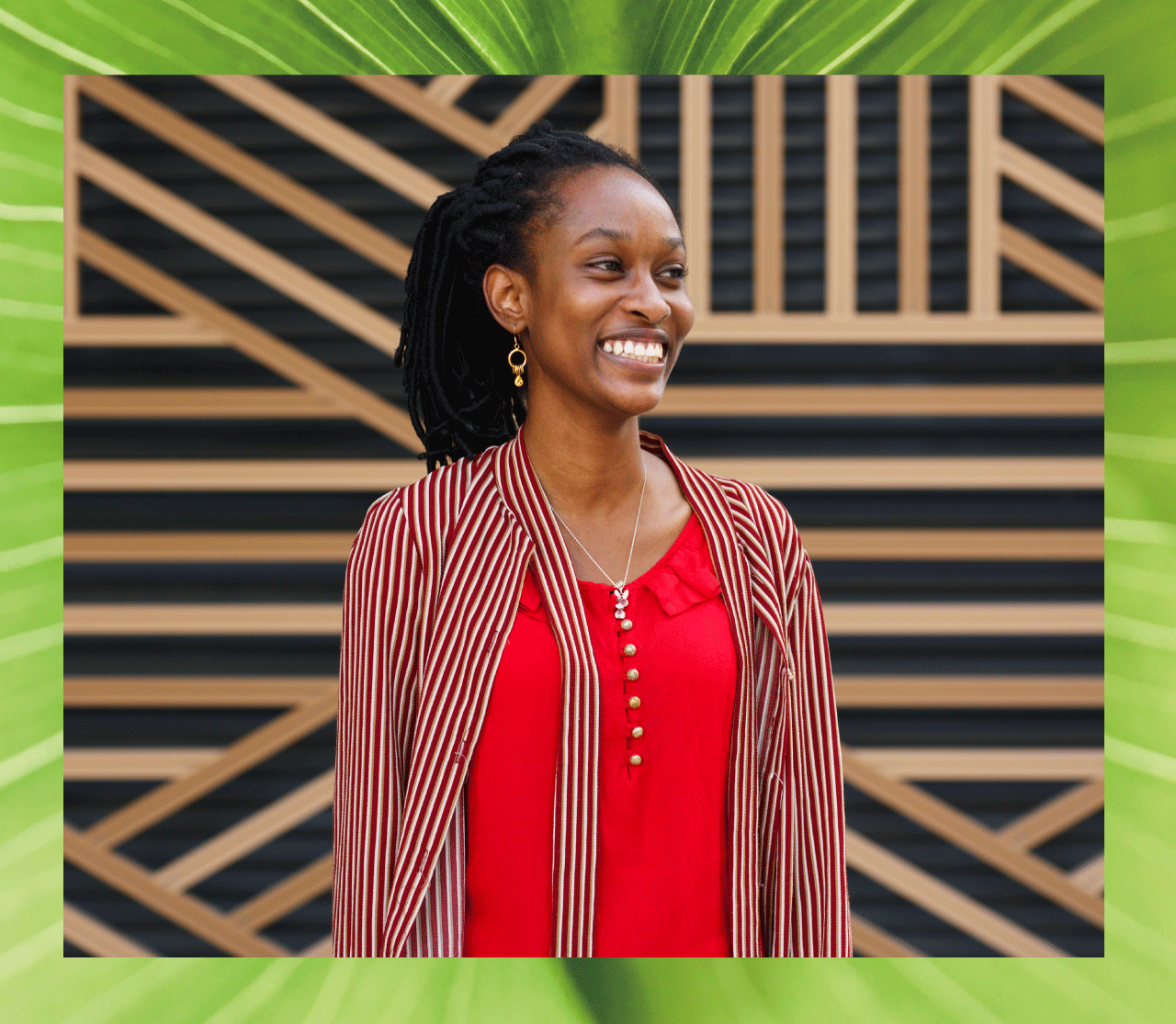
Pour Another Drink
Veronica Wambura thought she knew all about civil engineering when she arrived at NYU Abu Dhabi. After all, her dad is a civil engineer in Tanzania. “I thought it was all about designing buildings and structures,” she says. Then, she took Environmental Engineering. In the course “we learned a lot about water treatment and ways to make water potable. It was really eye-opening for me. I never thought civil engineering had anything to do with water.” Intrigued, she decided to study away at the New York City campus, where she learned how soil impacts building construction in the Geotechnical Engineering course. “NYU Abu Dhabi has given me the chance to focus my future—and better prepare to have a larger impact than I thought I could,” she concludes.

